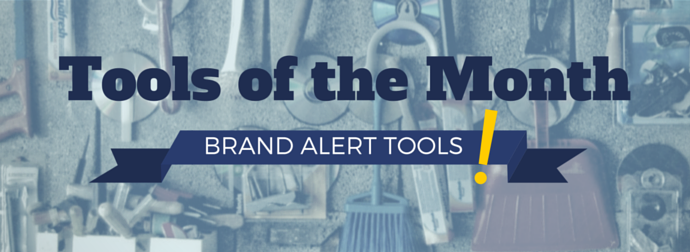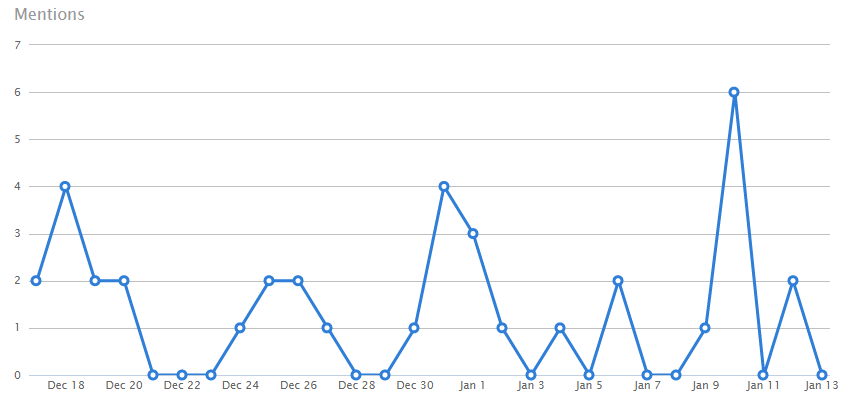What to read next

Understanding AI Cybersecurity for SMBs: Here’s What You Need to Know in 2025

The 5 Best AI Photo Editors That Make Image Editing a Breeze

What Is an RFI for Marketing? A Step-By-Step Playbook To Vetting Agencies Like a Pro

SEO for Doctors: How to Attract More Patients with a Smarter Search Strategy


 This may be the most obvious tool on this list. You can add any Google search to
This may be the most obvious tool on this list. You can add any Google search to  Social media is where you can really interact with people talking about your brand.
Social media is where you can really interact with people talking about your brand.


 We highly recommend Moz Pro tools, and one we like to regularly use is the
We highly recommend Moz Pro tools, and one we like to regularly use is the 
